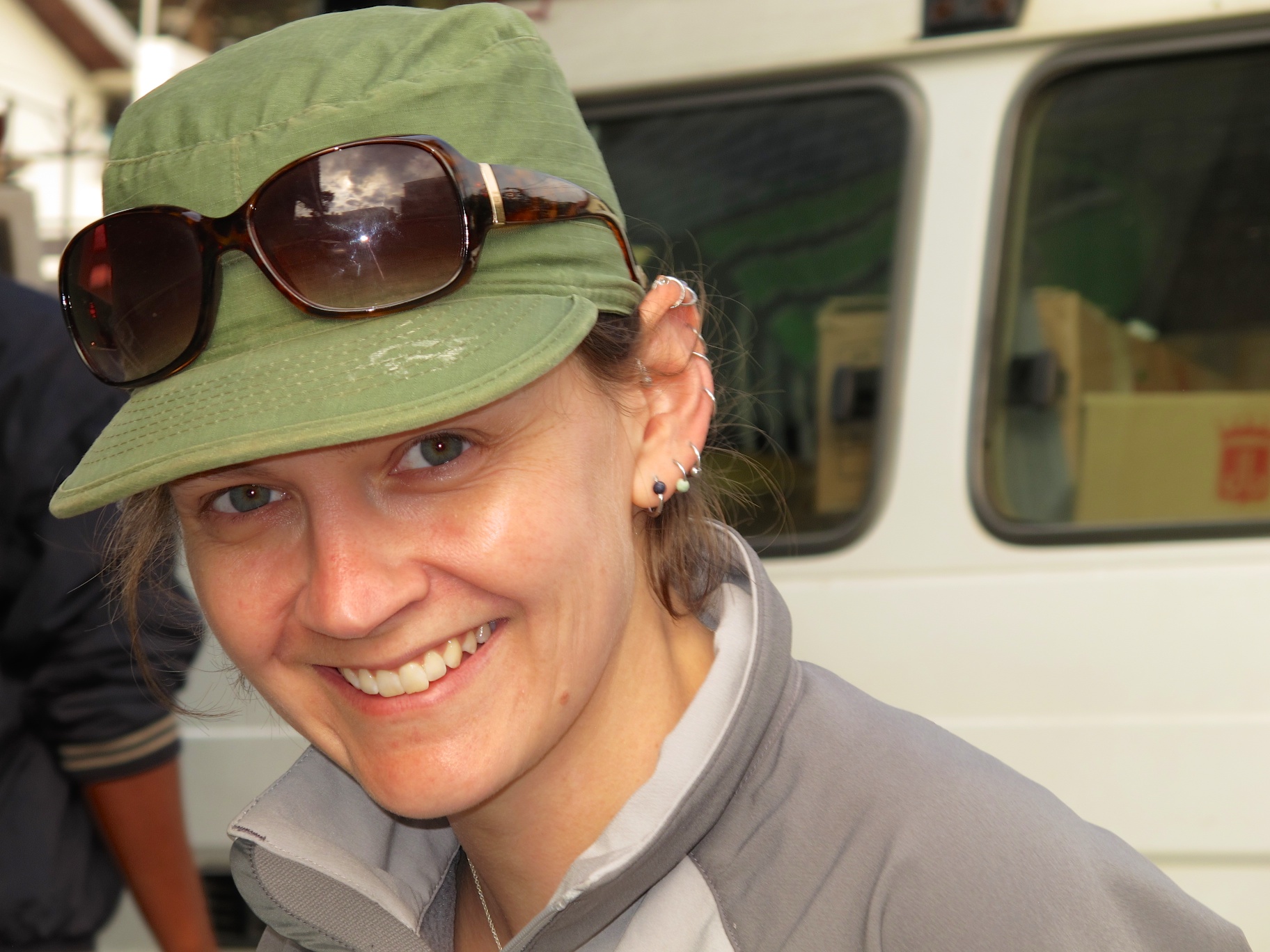Madagascar Memories: Kim Valenta Founder of Mad Dog Initiative
/Planet Madagascar is excited to bring you the next installation in our blog series, Madagascar Memories. This one comes from Kim Valenta, a wildlife biologist who works in Madagascar and a PhD candidate at the University of Toronto.
****
My name is Kim, and I am a wildlife biologist who works in Madagascar. What that mostly means is that I spend a lot of time chasing lemurs around the forest.
Kim Valenta, Photo by Travis Steffens
Most of the forests in Madagascar are gone, and the ones that are left are heavily disturbed. Madagascar is a poor country—a lot of the population is still rural and make their living as best as they can from what’s left of the forest. Because most of the forests are gone, many of the animals are gone—or soon to be—unless something changes pretty quickly. Which is terrible, because most of the animals in Madagascar only found in Madagascar and nowhere else on earth. These animals are also unimaginably strange and magnificent—beetles with necks like giraffes, primates that look more like great leaping Muppets than monkeys. And all of the strange magnificence that is barely clinging to life on this island is just a fraction of what used to exist not too long ago. In the last few hundred years, the world lost a grass eating crocodile, enormous elephant birds, and all kinds of crazy giant lemurs.
Giraffe necked weevil (beetle). Photo by Travis Steffens
I had dreamt of working in Madagascar for years. Watching the city wake up on my first morning there was surreal. One thing I remember about that first morning was hearing the dogs. They start barking just before dawn and they’re everywhere. Occasionally, I would see dogs with a family herding their cows or working in the rice fields, but overwhelmingly the dogs in Madagascar are strays.
And these strays roam into what remains of the forest, eating what they can find. And unfortunately, what they find are incredibly rare species that are barely clinging to survival and are found nowhere else on earth. In addition to being devastating to wildlife, these dogs are also incredibly intelligent, and have an amazing capacity for loyalty and love. This is what I learned firsthand when I met Matavy.
One day I was out, as usual, following some lemurs around the forest. And out of nowhere a dog came bounding through the forest, heading straight for me. Since my study lemurs were resting, I was sitting on the ground at the time. Now, like most feral dogs anywhere on earth, stray dogs in Madagascar tend to be shy around humans. So at first I was sure he was going to attack me. I froze. What happened next is a moment I will never forget. As I sat there, frozen, waiting for this powerful animal to start ripping me apart and trying to figure out how I was going to survive it, the dog came right up to me and put his head in my lap.
After the shock wore off I realized that he was gazing up at me. His body was in bad condition—he was emaciated, covered in bites and scars, and missing an eye. Perhaps it was the relief I felt. Perhaps it was the old human-dog connection that is hard-wired into us. Whatever it was, I knew in that moment that there was no way this dog was being left behind to fend for his life with his one good eye.
Kim and Matavy in Madagascar, Photo Credit Mad Dog Initiative
So we took him in and we named him Matavy. And when I left the country seven months later he was on the plane back to Canada with me, where he now shares a house and a yard with the amazing woman who adopted him, and charms every dog and person he meets.
This amazing animal, and all the other dogs like him inspired me to start a project called the Mad Dog Initiative. MDI aims to protect local wildlife populations through the spaying and neutering of strays while also providing medical care and rescue to them when necessary. I am currently raising funds to embark on the first MDI expedition this June.
To learn more about the Mad Dog Initiative, visit https://www.facebook.com/MadDogInitiative



